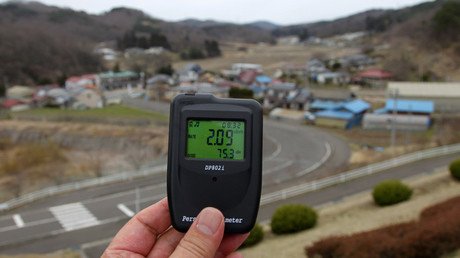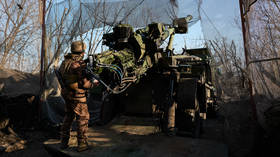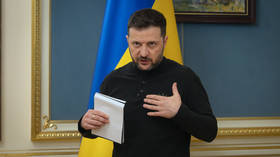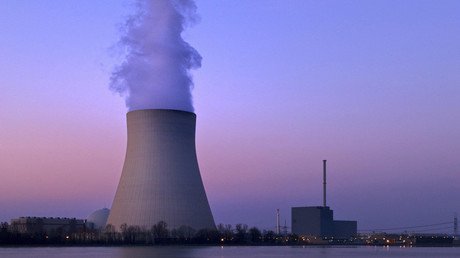Russia ready to help Japan clean up Fukushima disaster
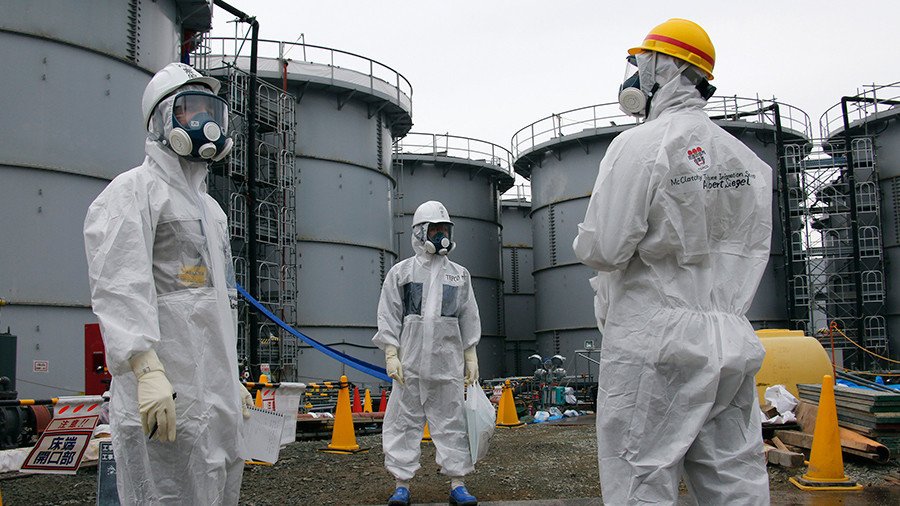
Russia’s state nuclear corporation Rosatom is ready to take defective fuel from the Fukushima-1 Nuclear Power Plant (NPP), said Rosatom department’s director Andrei Ivanov on Friday.
"Different options of such cooperation were discussed,” he said, adding that no specific decisions have been made so far.
In September, Rosatom offered its services to Japan to assist in cleaning up at the Fukushima NPP and in decommissioning other unsafe nuclear power plants.
That followed Russian President Vladimir Putin’s announcement that Russia and Japan will start joint efforts to clean up after the accident.
The countries’ "cooperation in the sphere of the peaceful atom has been growing, and we expect that by the end of the year we will announce joint projects to eliminate the consequences of the Fukushima meltdown," Putin said after talks with Japanese Prime Minister Shinzo Abe at the Eastern Economic Forum. The two leaders agreed to exchange information on experiments to get rid of nuclear waste.
The decommissioning of the wrecked Fukushima reactors could take several decades and cost $200 billion. Japan plans to restart 16 out of 45 Fukushima-type reactors, while the others will be mothballed. The country intends to reduce the share of nuclear energy from 29 percent in 2011 to 21-22 percent by 2030.
'Green light': #Fukushima operator to restart nuclear reactors https://t.co/nMJxjCo5jepic.twitter.com/eM2FH16gDz
— RT (@RT_com) October 5, 2017
The accident at the Fukushima nuclear power plant occurred in March 2011 when a massive tsunami triggered by a 9.0-magnitude earthquake overwhelmed the reactor cooling systems at the Fukushima Daiichi plant in northeastern Japan. It caused reactor meltdowns, releasing radiation in the most dangerous nuclear accident since Chernobyl in 1986.
